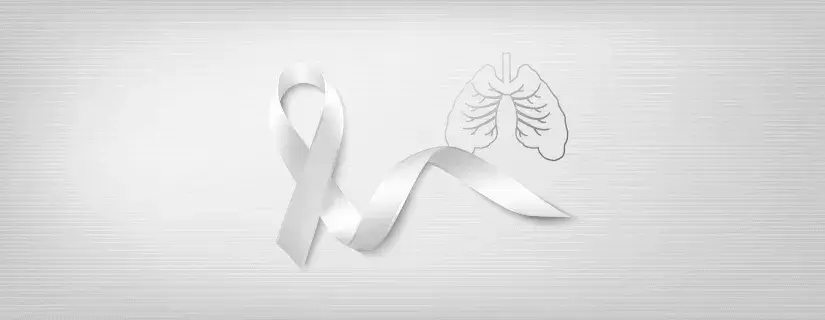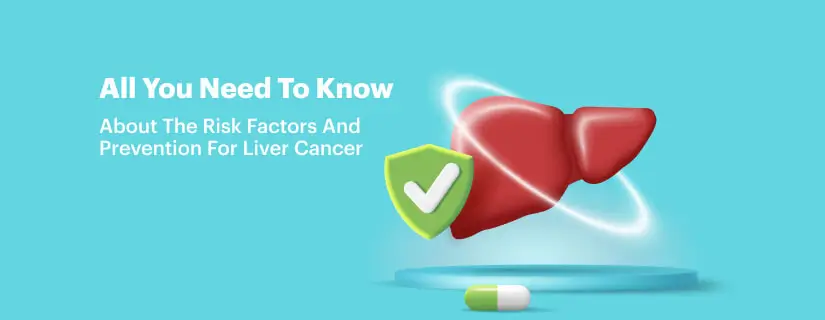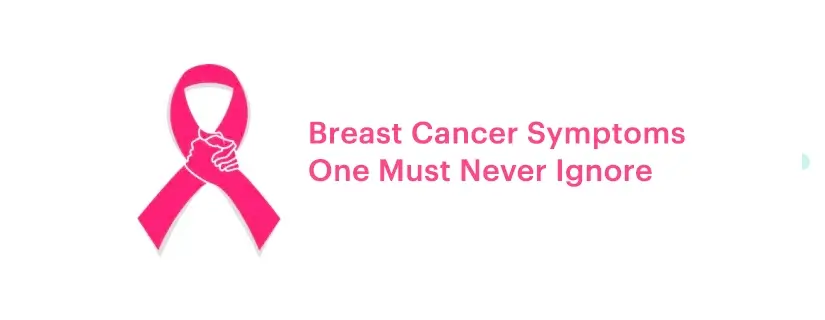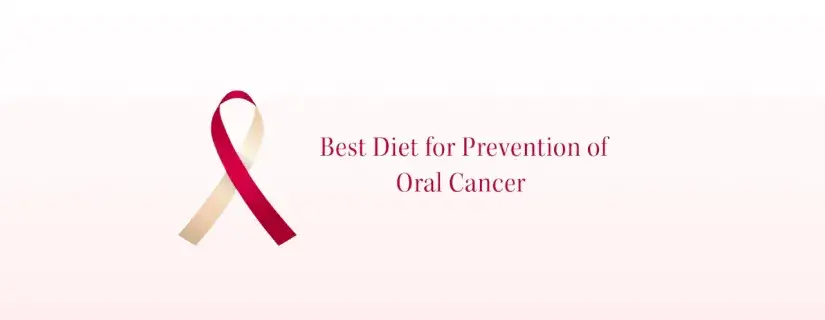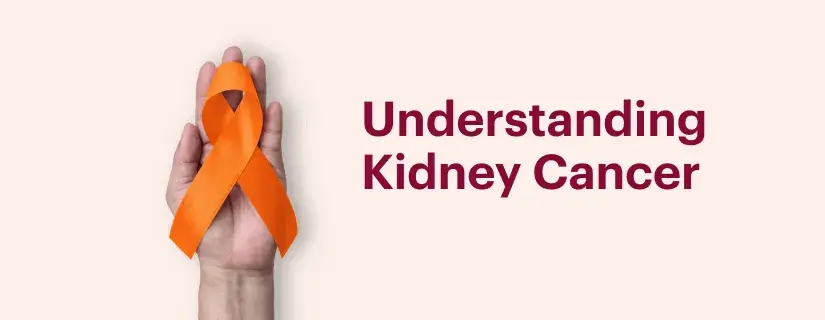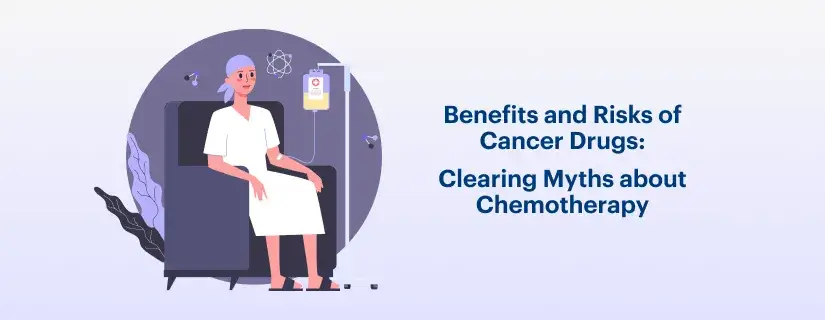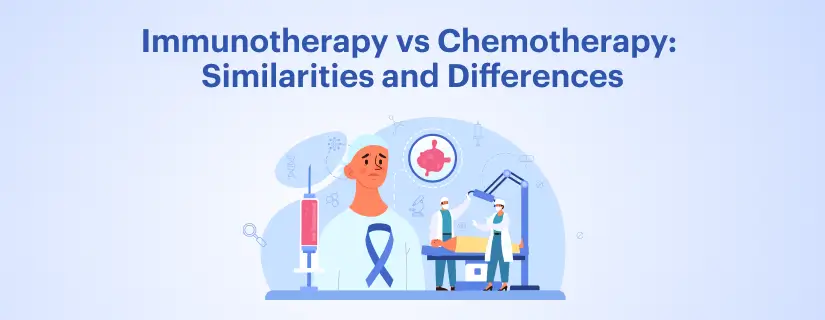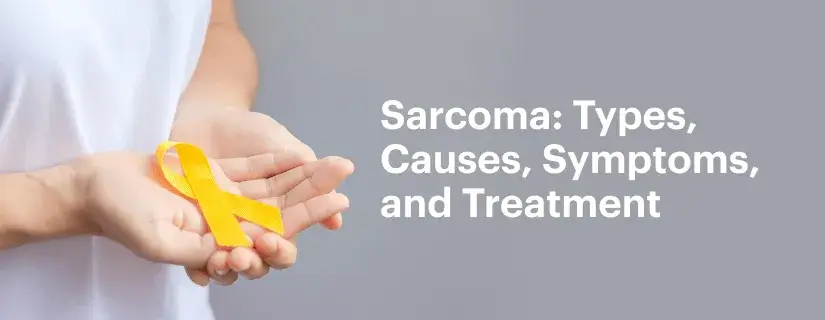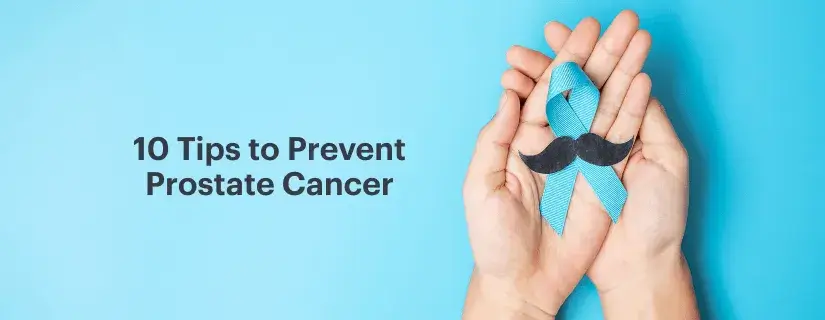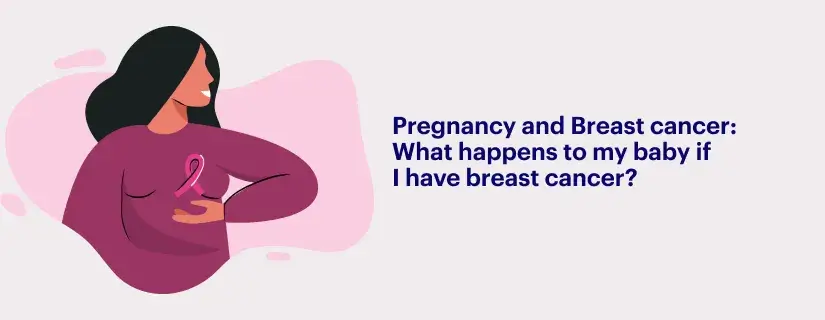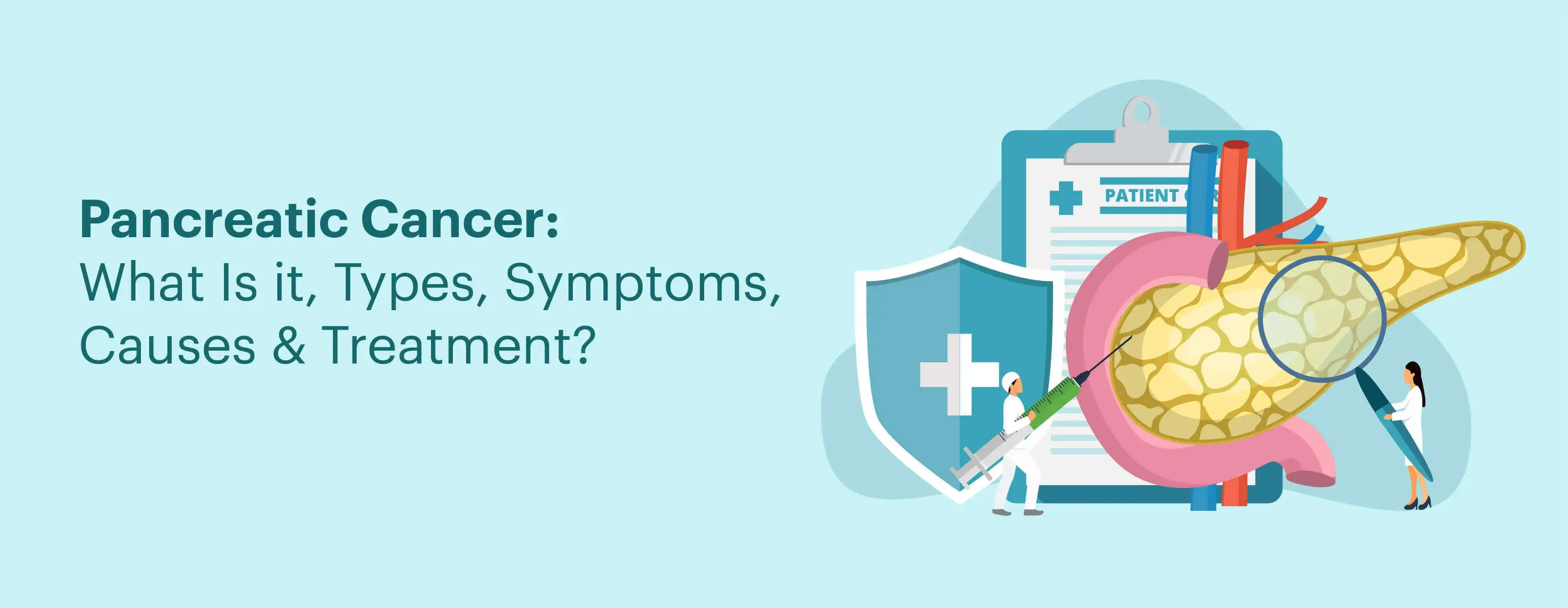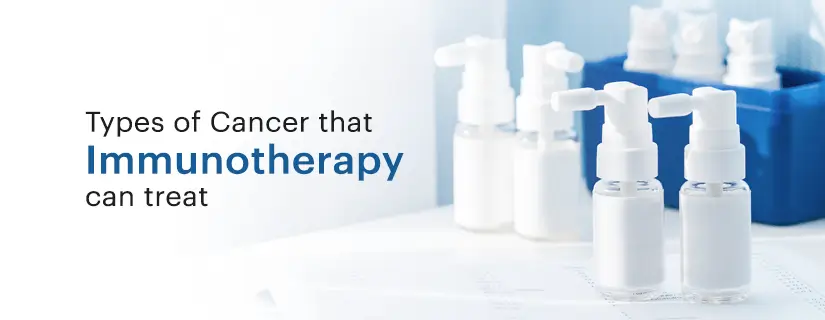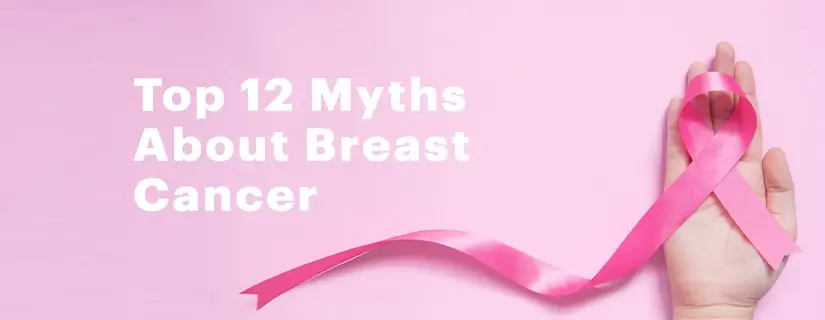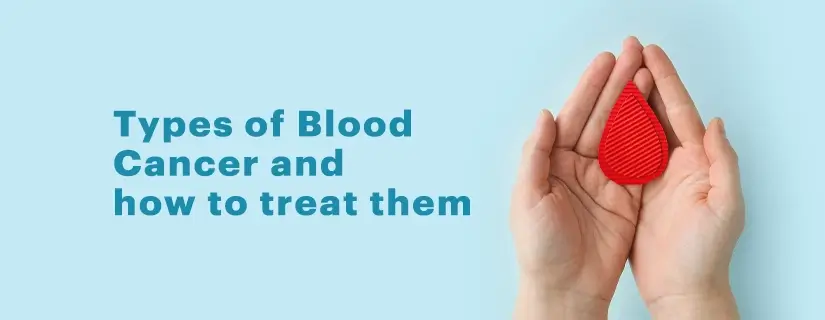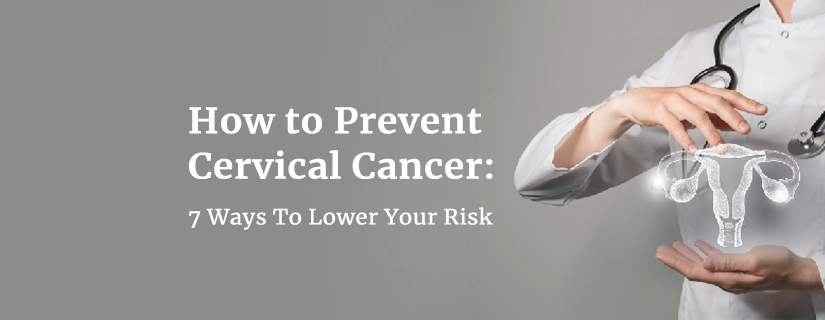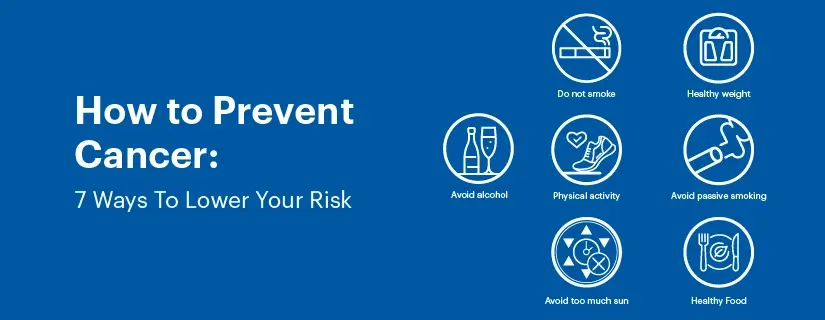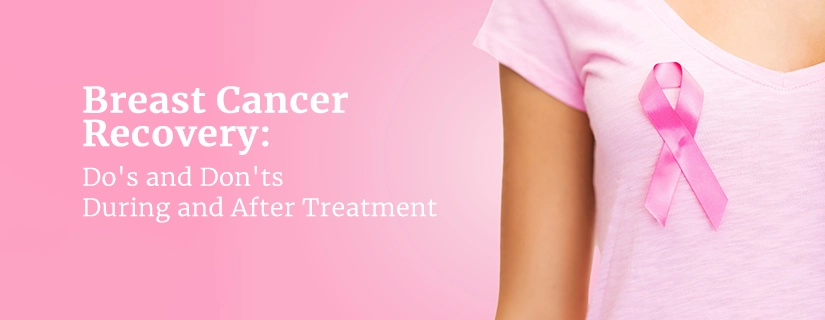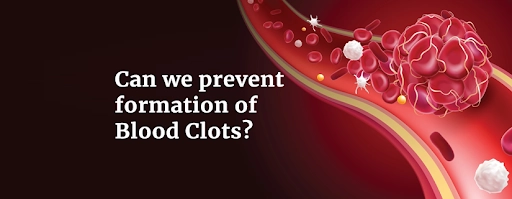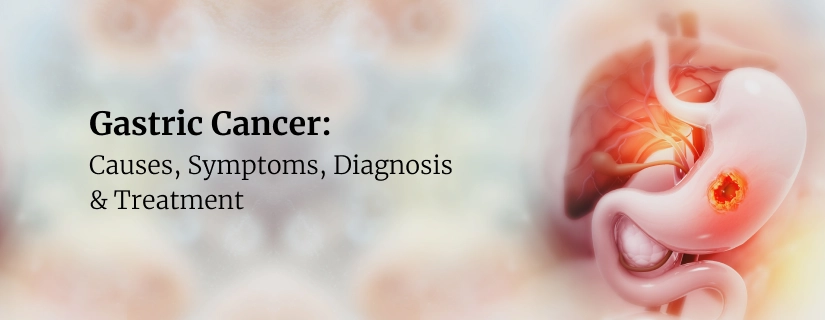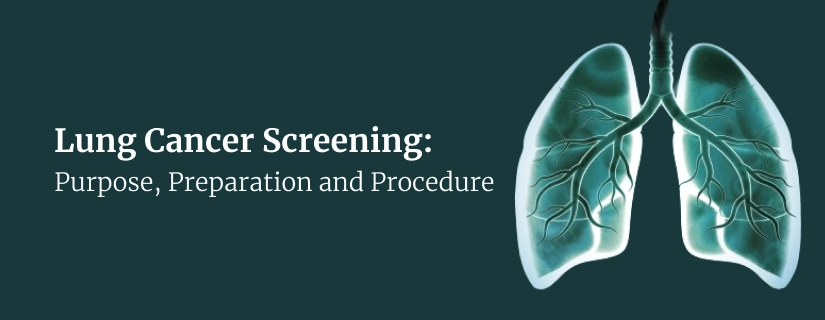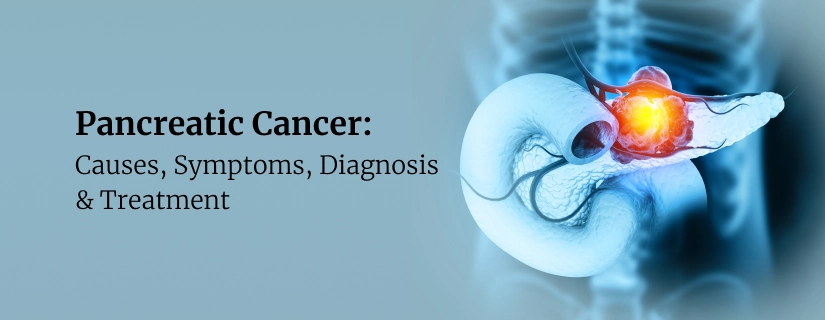-
Doctors
-
Specialities & Treatments
Centre of Excellence
Specialties
Treatments and Procedures
Hospitals & Directions HyderabadCARE Hospitals, Banjara Hills CARE Outpatient Centre, Banjara Hills CARE Hospitals, HITEC City CARE Hospitals, Nampally Gurunanak CARE Hospitals, Musheerabad CARE Hospitals Outpatient Centre, HITEC City CARE Hospitals, Malakpet
HyderabadCARE Hospitals, Banjara Hills CARE Outpatient Centre, Banjara Hills CARE Hospitals, HITEC City CARE Hospitals, Nampally Gurunanak CARE Hospitals, Musheerabad CARE Hospitals Outpatient Centre, HITEC City CARE Hospitals, Malakpet Raipur
Raipur
 Bhubaneswar
Bhubaneswar Visakhapatnam
Visakhapatnam
 Nagpur
Nagpur
 Indore
Indore
 Chh. Sambhajinagar
Chh. SambhajinagarClinics & Medical Centers
Book an AppointmentContact Us
Online Lab Reports
Book an Appointment
Consult Super-Specialist Doctors at CARE Hospitals
Breast Cancer: Signs, Symptoms, Types, Stages, Diagnosis and Treatment
Updated on 28 July 2021

Of all types of cancer, breast cancer is the most commonly found cancer in women. It is the second most common cancer in women worldwide. Reportedly, breast cancer has become a major health concern across Indian cities. The average age of women affected by cancer in India is 40-42 years compared to that of 55-60 years in the west. A lack of awareness is one of the biggest problems here because it is not until cancer shows visible symptoms that people realize they are suffering from it. For early detection and timely treatment, it is necessary to know the disease, its signs and symptoms. Below is curated information that one should know about breast cancer.
What is Breast Cancer?
Breast cancer is a condition where healthy breast cells grow out of control, become abnormal and start to form tumors. Cancer generally develops in lobules (milk-producing glands) and ducts (the passage that lets milk travel from glands to the nipple) when the cells here start growing uncontrollably. Breast cancer starts spreading, it can affect other parts of the body too and the condition is called metastasis. can spread outside the breast through blood vessels and lymph vessels. When breast cancer spreads to other parts of the body, it is said to have metastasized. According to reports, about 1 in 8 women have a risk of developing breast cancer in their lifetime.
Is Breast Cancer Curable?
Early-stage breast cancer is highly treatable, and many women go on to live cancer-free after treatment. Regular screenings and early detection contribute to better outcomes.
Symptoms of Breast Cancer
Knowing and understanding the signs and symptoms of the breast for early detection of the disease, before it starts spreading and reaches progressive stages is important. A lump in the breast is among the first few signs of breast cancer. Here are a few breast cancer signs, the appearance of any of these symptoms apart from pregnancy and during menstruation should not be ignored.
- Thickening of tissues or a breast lump
- Pain in breasts
- Redness and swelling
- Unusual or bloody discharge from nipples
- Scaling/flaking skin near nipples or around the breasts
- Dimpling of skin
- Sudden change in breast size and shape
- An inverted nipple
- Swelling/lump underarm
These could be signs of breast cancer but it is not sure that if you are experiencing any of them you would have cancer. It is always advisable to consult a doctor in case you find the signs or have any breast cancer symptoms. If detected, initiating the breast cancer treatment in Hyderabad at an early stage would make things easier for you.
Types of Breast Cancer
There are different types of breast cancer which are broadly bracketed under the following two categories,
- Invasive
- Noninvasive
When the tumor grows from the site of origin to the surrounding breast tissues, lymph nodes, and other parts of the body it is called invasive breast cancer. Invasive breast cancer is of two types: invasive ductal carcinoma (IDC), the one that starts from the milk ducts, and invasive lobular carcinoma (ILC), the one that starts from milk-producing sacs/lobules. When the tumor stays at the site where it started and does not spread to other body parts, it is called non-invasive breast cancer. In this type, the cancer cells do grow but they do not invade the cells outside the breasts. It is also called ‘in situ' breast cancer and has two types. Ductal carcinoma in situ (DCIS) which starts and stays in the milk duct and Lobular carcinoma in situ (LCIS) which is the development of precancerous cells within the milk sacs.
Stages of Breast Cancer
The stage of breast cancer is determined by the size of the tumor and its spread. There are 5 main stages of breast cancer from 0 to 4 depending ranging from a small tumor within the breast to a larger one that might have spread to other parts of the body. Here’s a short description of the stages;
- Stage 0: This is the initial stage, the Ductal carcinoma in situ (DCIS) when the tumor remains confined to the breast ducts.
- Stage 1: At this stage, the main tumor is up to 2cms wide and usually the lymph nodes remain unaffected. In this stage, there are chances that a tumor is found near lymph nodes but the size is less than 2cm.
- Stage 2: Here the size still remains less than 2 cm but cancer spreads to a few nearby lymph nodes. Or the lymph nodes remain unaffected but the size grows between 2-5 cm. At this stage, the spread might be seen near armpits.
- Stage 3: Cancer at this stage affects over 10 axillary lymph nodes, and might spread to the nodes near the collarbone and internal mammary glands
- Stage 4: This is an advanced stage where the tumor could be of any size, and the cancer cells spread all around the breasts and affect other organs as well.
Diagnosis of Breast Cancer
A monthly self-breast test is advisable to keep a check on any abnormal growth or stiffness in the breasts. However, the best way to diagnose breast cancer is through a proper examination by doctors and related tests. Here are a few tests that are prescribed to detect breast cancer. Mammogram. It is an imaging test that lets the examiner see the surface below the breasts. In case any abnormality is detected in the mammogram, the doctor will suggest other tests. Ultrasound. Using a breast doctor identifies if there is a tumor or a cyst inside the breasts and also determines the size and spread to decide the kind of treatment it requires. In some cases, if required an MRI or breast biopsy can also be suggested by the doctor. For better understanding, book an appointment at the breast cancer hospital in Hyderabad.
Treatments of Breast Cancer
Breast cancer treatments vary based on the cancer type, stage, and individual factors. They include surgery, chemotherapy, radiation therapy, hormone therapy, targeted therapy, and immunotherapy. Advances in medicine have significantly improved survival rates and treatment outcomes.
Finding The Right Doctor
Post diagnosis of breast cancer, it is crucial to get the right medical support and a team of specialists to help get over the disease. Housing the best doctors, super specialists, and a dedicated support team, CARE Hospitals Group has been a leader in providing multispecialty tertiary healthcare across India, offering world-class, yet cost-effective clinical care. It is one of the best Cancer/oncology Hospitals in Hyderabad.
Conclusion
While breast cancer can be a challenging diagnosis, understanding its signs, taking preventive measures, and seeking timely medical care can make a significant difference in successful treatment. Staying informed, raising awareness, and promoting early detection are key steps in the fight against breast cancer.

ENQUIRY FORM
SELECT CATEGORIES
-
Neurosciences (16)
-
Neurology (38)
-
Neurosurgery (14)
-
Orthopaedics (48)
-
Oncology (33)
-
Obstetrics and gynecology (52)
-
Pulmonology (23)
-
Urology (20)
-
Nephrology (13)
-
Psychiatry (7)
-
Dietetics and Nutrition (111)
-
General Medicine (63)
-
Cardiac Sciences (32)
-
Vascular & Endovascular Surgery and Interventional Radiology (15)
-
Gastroenterology (46)
-
Endocrinology (23)
-
Plastic Surgery (10)
-
Critical Care Medicine (5)
-
COVID-19 (16)
-
Dermatology (16)
-
Emergency Care (1)
-
Ophthalmology (4)
-
Pediatrics (14)
-
Laparoscopic and Bariatric Surgery (8)
-
ENT (15)
-
Kidney Transplant (1)
-
Liver Transplantation and Hepatobiliary Surgery (5)
-
General Surgery (3)
-
Internal Medicine (5)
-
Medicine Information
5 Signs Your Digestive System Is Not Working Properly
Breast Cancer - Symptoms, Causes, Stages, Risk Factors and Treatment Options
YOU MAY ALSO LIKE
RECENT BLOGS
-

Rotablation Angioplasty: Benefits, Treatments, And Recovery Time
6 February 2026
Read More
-

What Is The Difference Between IUI and IVF?
6 February 2026
Read More
-
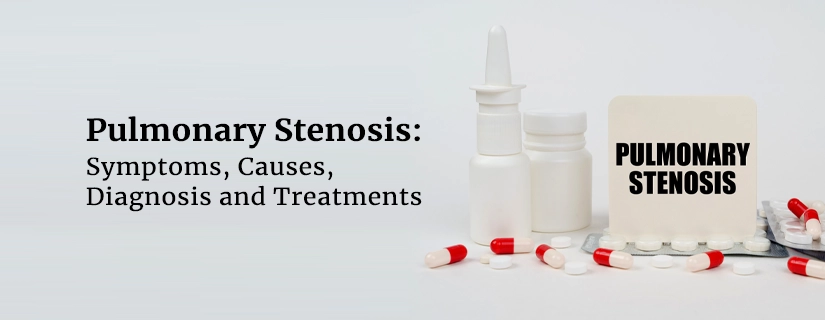
Pulmonary Stenosis: Symptoms, Causes, Diagnosis and Treatments
6 February 2026
Read More
-
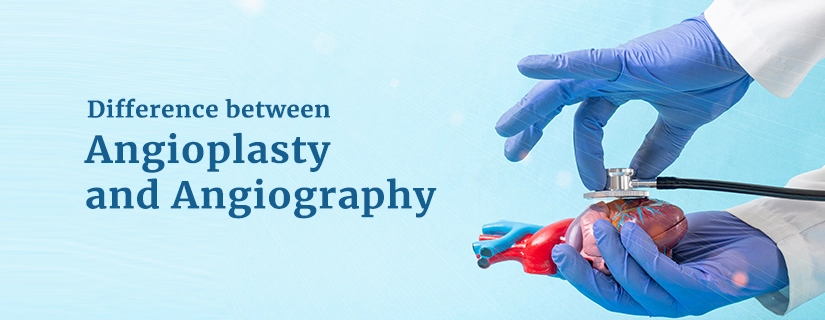
Difference between Angioplasty and Angiography
6 February 2026
Read More
-
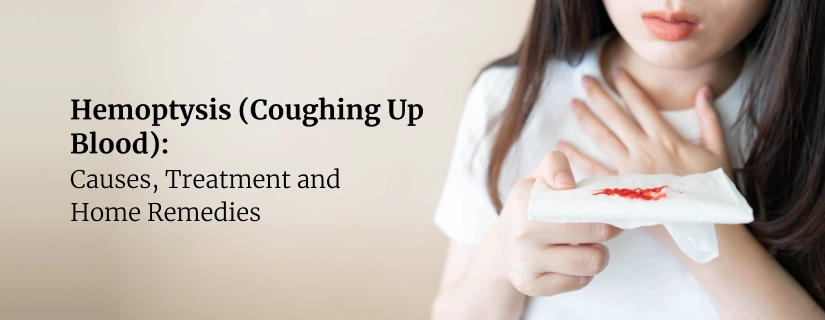
Hemoptysis (Coughing Up Blood): Causes, Treatment and Home Remedies
2 February 2026
Read More
-
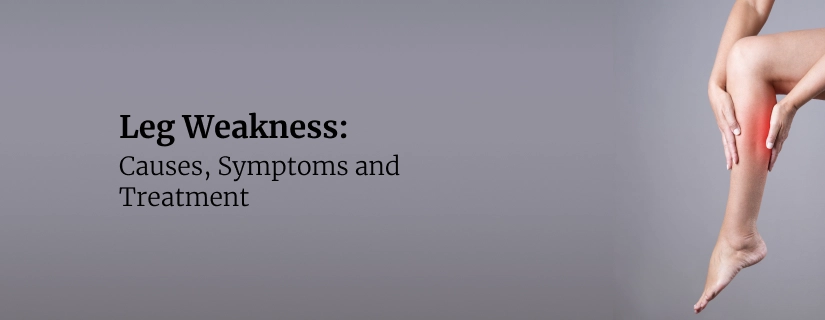
Leg Weakness: Causes, Symptoms and Treatment
9 January 2026
Read More
-

Back Pain After C-Section: Causes and Home Remedies
9 January 2026
Read More
-

Belly Button Pain (Periumbilical Pain): Causes, Treatment and When to See a Doctor
9 January 2026
Read More
Have a Question?
If you cannot find answers to your queries, please fill out the enquiry form or call the number below. We will contact you shortly.




